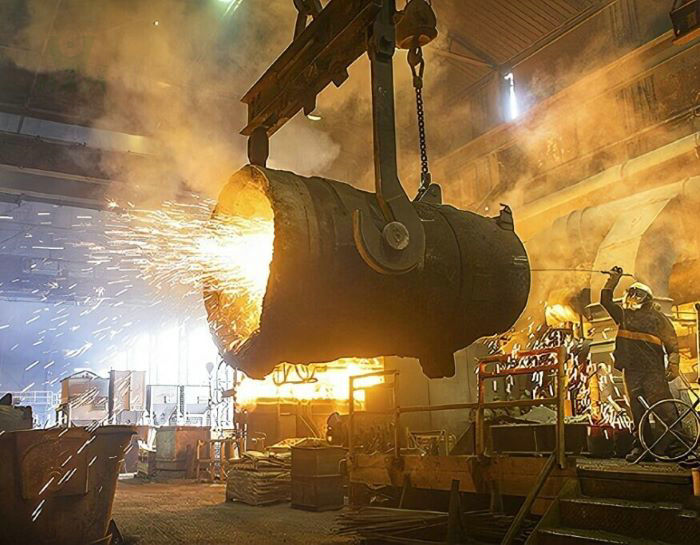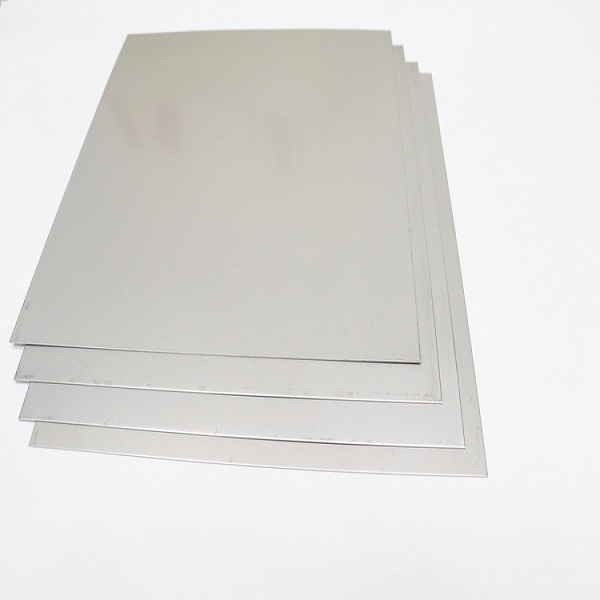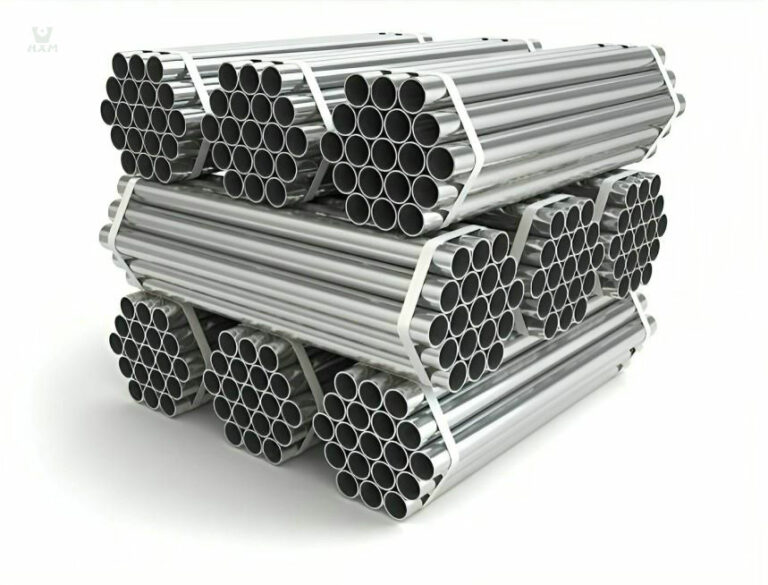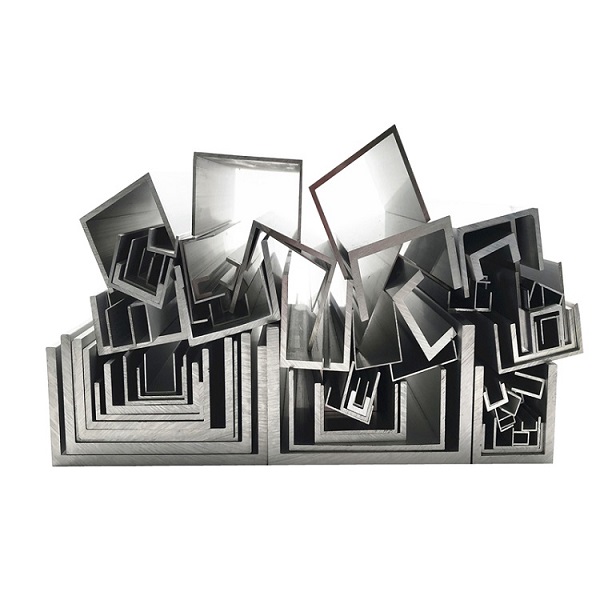Is Stainless Steel Magnetic? The Basics
“Is stainless steel magnetic?” This question does not have a simple yes or no answer. The magnetic properties of stainless steel depend on its microstructure and composition. Stainless steel comes in various grades, which can be broadly categorized into austenitic, ferritic, martensitic, duplex, and precipitation-hardening types. Each type has different magnetic properties.
Austenitic Stainless Steel: Is Stainless Steel Magnetic?
Austenitic stainless steels, such as the common 304 and 316 grades, are generally not magnetic. These steels have a face-centered cubic (FCC) crystal structure, which does not support magnetism. However, cold working or deformation can induce some magnetism in austenitic stainless steels, but they are still considered non-magnetic in most applications.
Ferritic and Martensitic Stainless Steel: Is Stainless Steel Magnetic?
Ferritic stainless steels, such as 430 grade, and martensitic stainless steels, like the 410 grade, are magnetic. Ferritic steels have a body-centered cubic (BCC) crystal structure, which allows them to be magnetic. Martensitic stainless steels, known for their high strength and hardness, also exhibit magnetic properties due to their similar BCC structure.
Duplex and Precipitation-Hardening Stainless Steel: Is Stainless Steel Magnetic?
Duplex stainless steels, which have a mixed microstructure of austenite and ferrite, exhibit partial magnetism. Their magnetic properties are less pronounced than those of fully ferritic or martensitic stainless steels but are still noticeable. Precipitation-hardening stainless steels, such as 17-4 PH, can also be magnetic depending on their heat treatment and aging processes.
In summary, the answer to “is stainless steel magnetic?” depends on the specific type of stainless steel. Austenitic stainless steels are generally non-magnetic, while ferritic and martensitic stainless steels are magnetic. Duplex and precipitation-hardening stainless steels have varying degrees of magnetism. Understanding the composition and microstructure of the stainless steel in question is essential for determining its magnetic properties.
Why is magnetism important in stainless steel?
Magnetism in stainless steel arises from its microstructure and composition. Certain types of stainless steel, such as ferritic and martensitic grades, exhibit magnetic properties due to their crystal structure, while others, like austenitic stainless steel, are generally non-magnetic. Despite the widespread perception that stainless steel should not be magnetic, its magnetic properties can have practical implications in various applications.
learn more: Industry News>
Factory SS coils, bars, sheets, pipes, strips, wires…Get a quote>
more products >
Contact Huaxiao Metal Stainless Steel Factory
Categories
Recommended Articles
Subscribe to our news
Building The Future

Is Stainless Steel Stronger Than Steel?
Is Stainless Steel Stronger Than Steel? Stainless steel has become an increasingly popular material in

2507 Stainless Steel Sheets And Plate
Duplex 2507 Stainless Steel Sheet and Plate Supplier Request A Quote Do you have any

Seamless 304H Stainless Steel Pipe
Seamless 304H Stainless Steel Pipe Suppliers Size Range: From 4mm4mm to 800mm800mm Wall Thickness Range:





